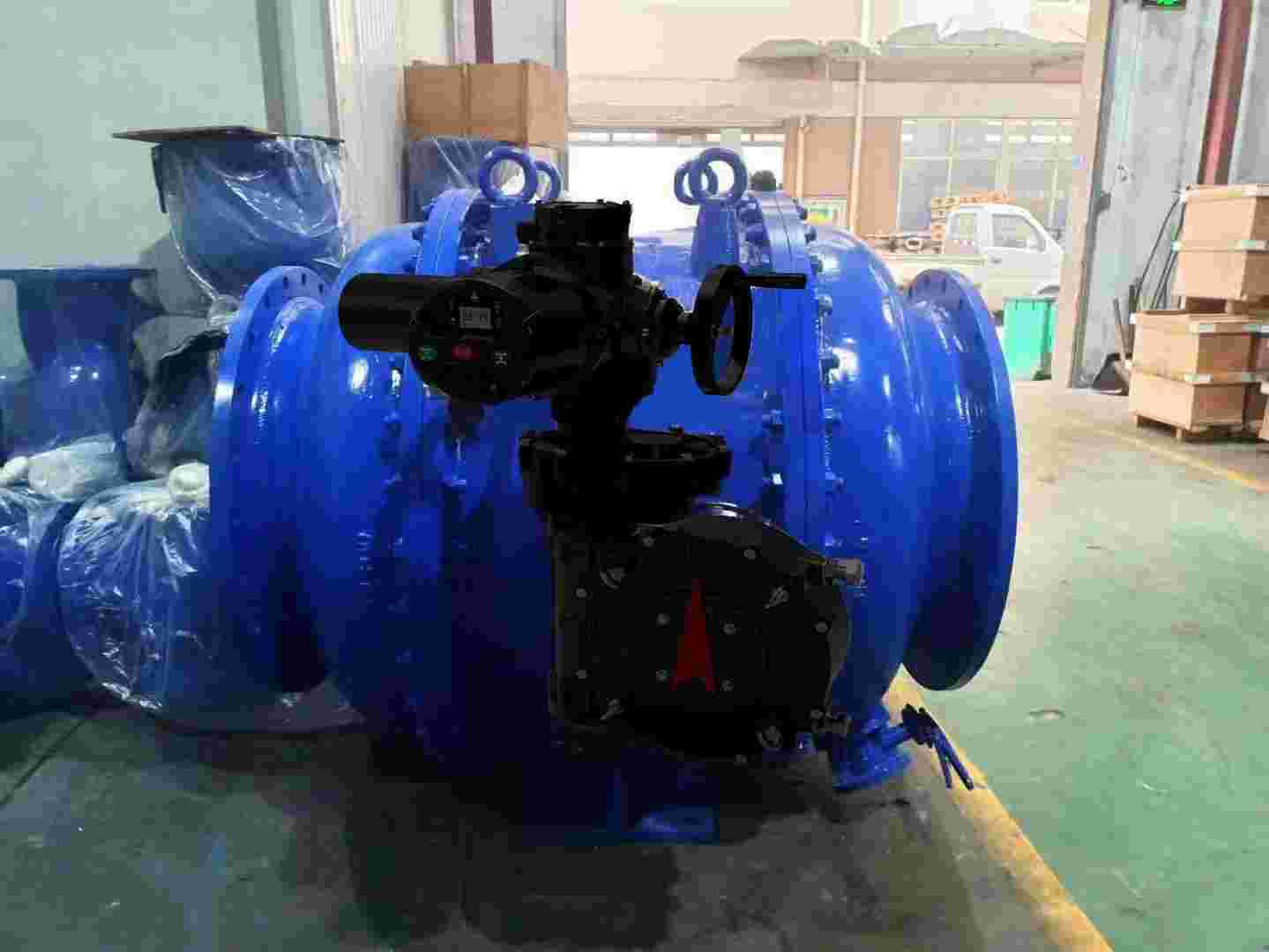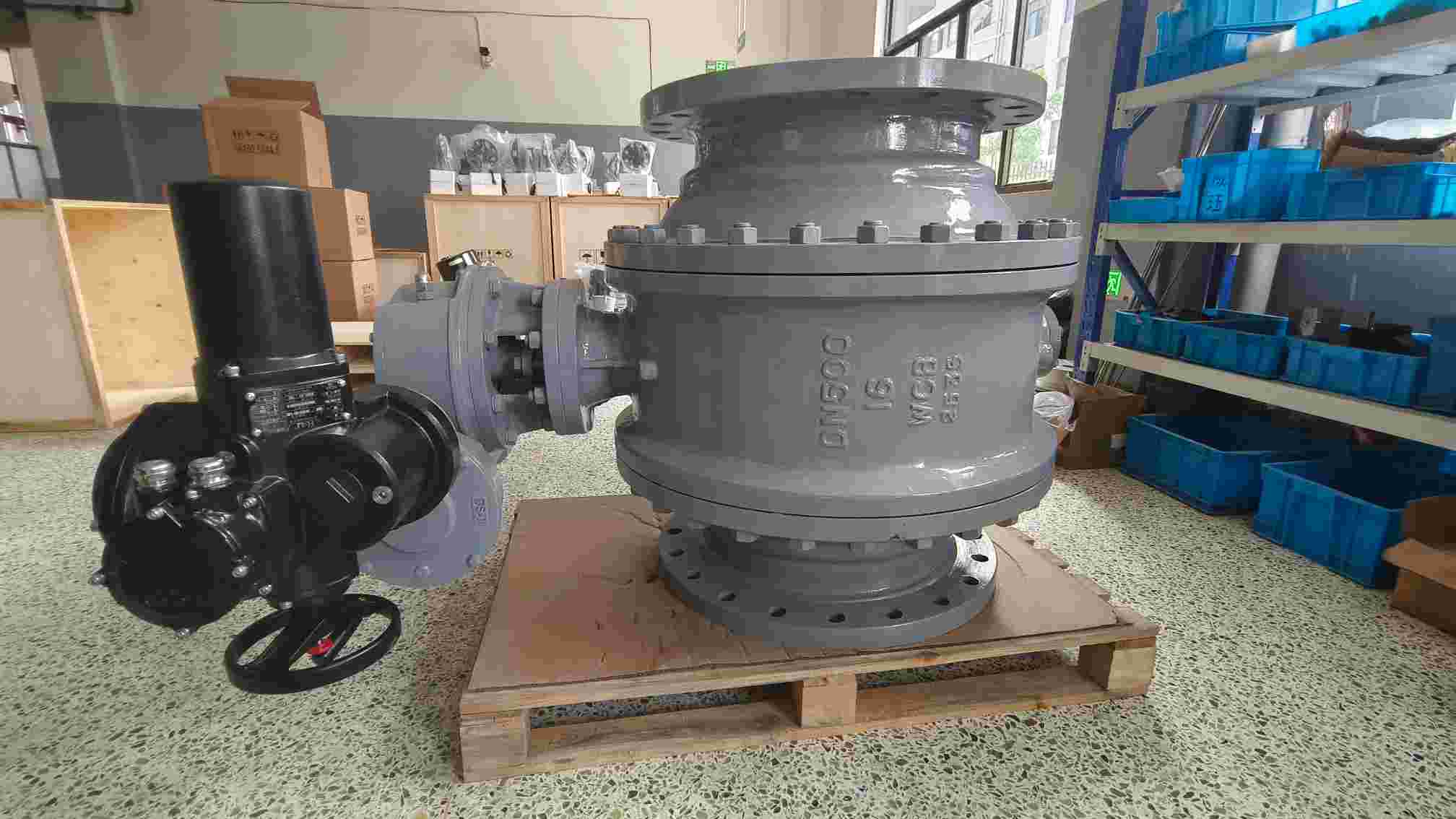
In the evolving landscape of energy innovation, hydrogen has emerged as a significant player in powering the next generation of technology. Among the many sectors benefiting from this sustainable energy source is the electric vehicle (EV) market, particularly those at the cutting edge of electric warlord concepts. As the world shifts towards clean energy, the role of hydrogen in transforming transportation and industry is becoming increasingly evident, with companies like CNHELI leading the charge.

Hydrogen energy offers a variety of advantages that are propelling it into the future of green transportation. Unlike fossil fuels, hydrogen fuel cells produce electricity through an electrochemical reaction, emitting only water vapor and heat as byproducts. This process is not only environmentally friendly but also incredibly efficient, making hydrogen an ideal alternative to traditional battery technologies. With the global push for zero-emission vehicles, hydrogen-powered EVs are gaining traction as a solution that can complement, if not surpass, battery-powered cars.
The concept of electric warlords, often portrayed in futuristic sci-fi settings, is now a reality in certain industries, especially in military and heavy machinery sectors. These electric warlords rely on high-performance energy solutions that offer power, reliability, and sustainability. As traditional diesel and petrol-powered machines are phased out in favor of greener technologies, hydrogen-powered vehicles provide the necessary energy density to perform heavy-duty tasks while maintaining a reduced environmental footprint. The shift to hydrogen in such high-stakes environments underscores its versatility and potential.
